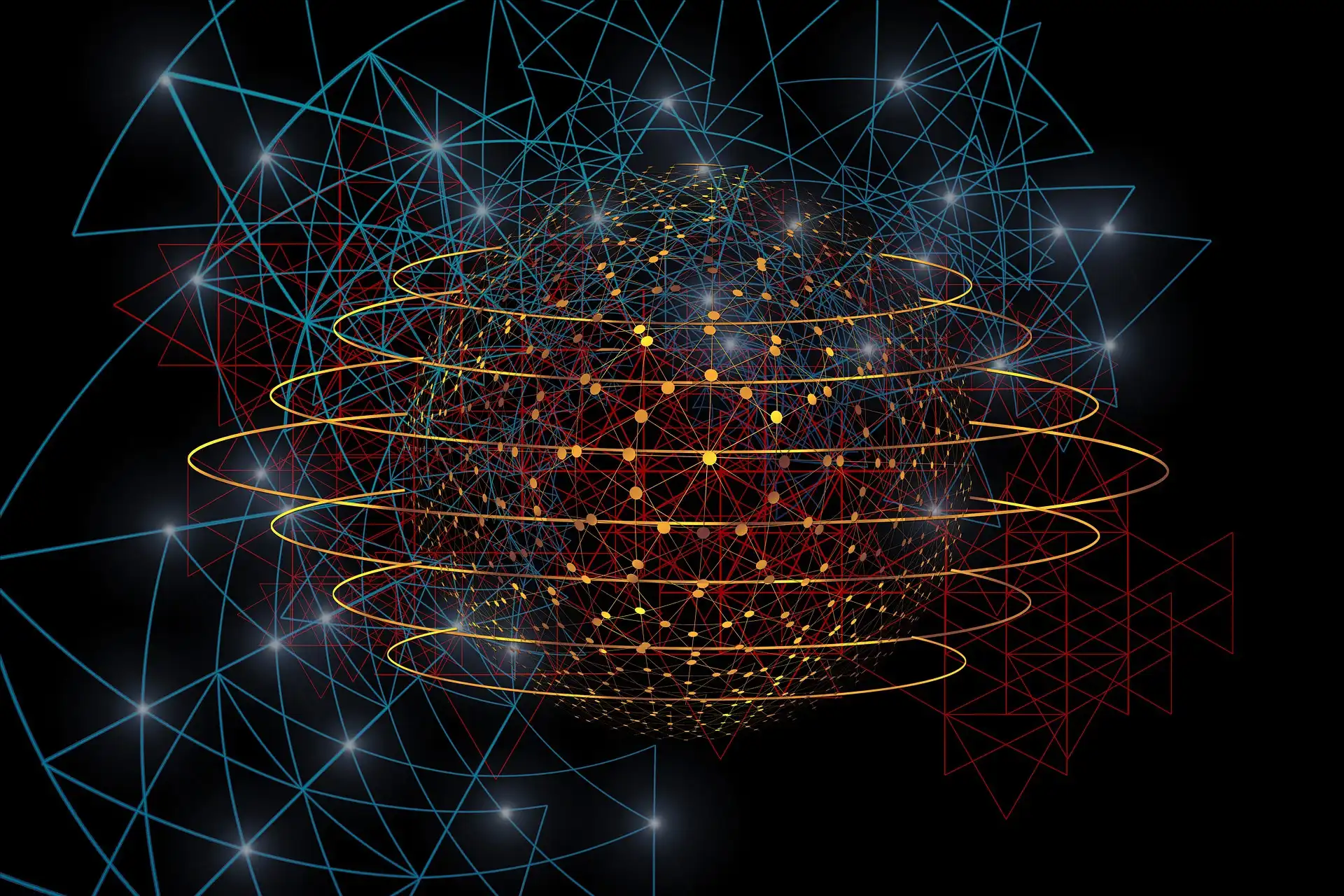The corporate world continues to evolve, embracing innovative technologies such as Artificial Intelligence (AI). The massive influx of technological advancement influences a myriad of changes, especially in the aspect of the legal framework governing copyrights. There has been a legal and technological crossroad that has sparked debates concerning the payment for copying and using data. This has greatly impacted on AI's capability to generate improvised content.
A recent development has seen the European Union court making a ruling on a data copyright case. The court reinforced the need for companies to pay a fee for copying and using data, a principle that has stood since the introduction of database rights in the 90s. The usage of AI tools has posed challenges for the intended principle, stirring up debates in the tech and legal world alike.
AI continues to thrive on huge datasets. Valuable data is used to train these AI models and inform their operations. They base their functionality on extracting multiple data points and learning to generate improvised content from acquired data. If firms start paying for information, the existence of AI tools faces a significant existential threat.

The precedent comes from the EU court decision, where it upheld a fine for persistently infringing upon a rival's copyright. The court reinforced and elaborated on significant implications for businesses. A key issue surrounded the fine line between data scraping and infringement on a rival's database rights.
Data scraping is a common practice for many firms in the digital age. It simply involves using AI to extract or scrape large amounts of data from various sources. This data is then analyzed and used in different ways, often informing business strategies. Regulations enforcing payment for such data could thus have a profound impact on businesses.
The court's decision indicated that unauthorized extraction of data violated rival's database rights. The databases were viewed as products of substantial investment, thus meriting protection. Firms found in violation of such rights could face heavy penalties, even when data scraping is common business practice.
While not universally endorsed yet, the ruling has provoked concerns about the fate of AI tools if firms start paying for data. Equally crucial to consider here are the rights of database creators who have invested resources in accumulating original content. They may find their works copied without compensation, a scenario they perceive as unfair.
However, authorities like the UK's Intellectual Property Office have endorsed the assessment of potential implications of this ruling. They stated that while AI has a promising future, laws are needed to ensure the technology evolves in a manner that benefits all parties. This highlights the need for a balance between technological innovation and respecting copyrights.
The case sets a precedent that might impact how AI tools operate extensively in the future. In an increasingly digital world, data is the new oil and can be a competitive advantage for businesses. That means that data, just like any other asset in a company, needs protection.
This brings forth complex challenges for AI and copyright law coexistence. Legal provisions must be fashioned in a way that doesn't discourage the growth of AI while ensuring that databases are protected. This calls for a rethinking of copyright laws in the new age digital spectrum.
This ruling is a wakeup call for all stakeholders to consider the implications of copyright law in the AI world. Not only big tech but also small firms stand a risk of implications if they do not consider this development. Playing in the gray area might result in hefty fines that significantly impact profit margins.
In a bid to salvage the situation, legislative amendments could be adopted. Enforcement of copyrights could include provisions that allow for certain forms of data scraping that are essential for AI, yet do not greatly infringe upon the rights of database creators. A form of balance needs to be struck to ensure both sides of the divide get a fair hearing.
Stakeholders need to conduct a critical assessment of the ruling, understanding its implications on their operation. Businesses must adapt to the changes rather than outrightly dismiss them. It's important to recalibrate the business to ensure they don’t infringe the copyright laws.
Likewise, AI developers need to find the balance where they can generate improvised content without infringing on copyright laws. This could mean changing the functionality of AI in a way that sidesteps the ruling yet respects the rights of database authors.
In conclusion, AI and copyrights are facing a test on how they can coexist. This ruling has elicited a crucial debate that influences the AI world’s functionality. The right legislation will guide the evolution of technology while upholding the ethics and laws in place.